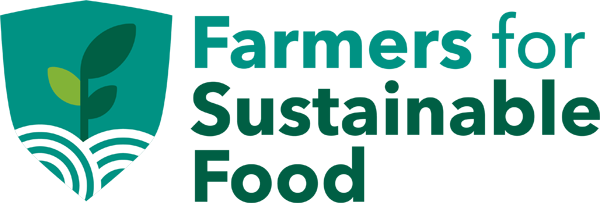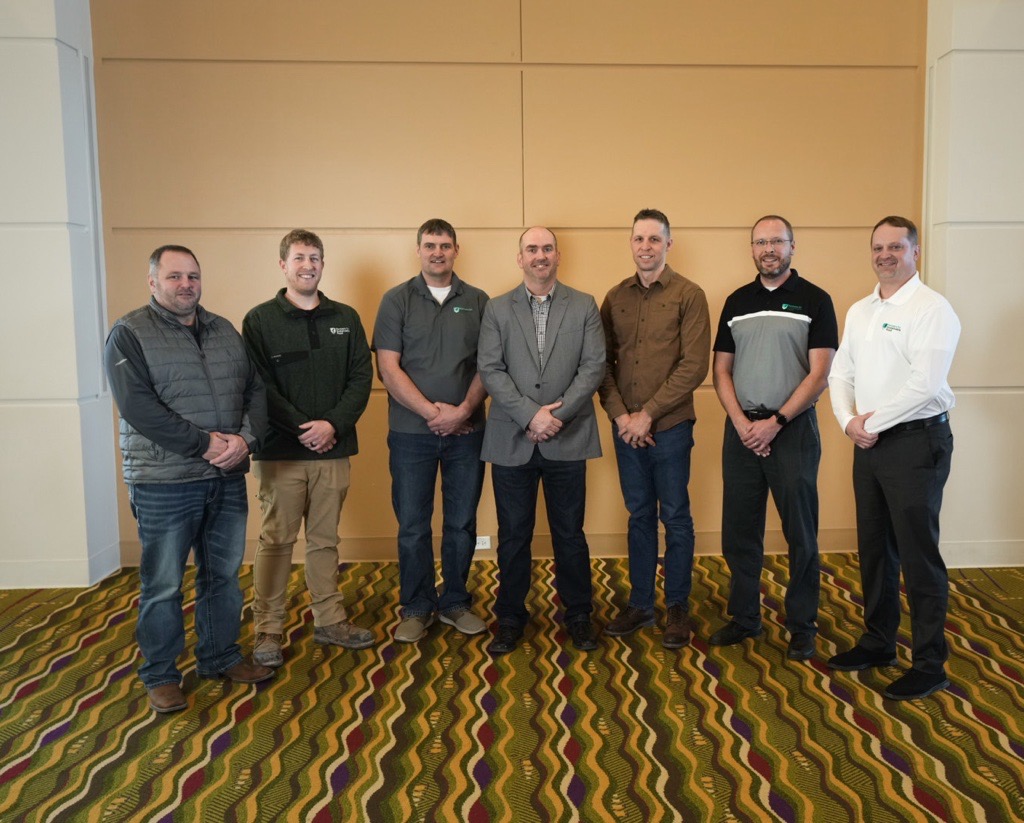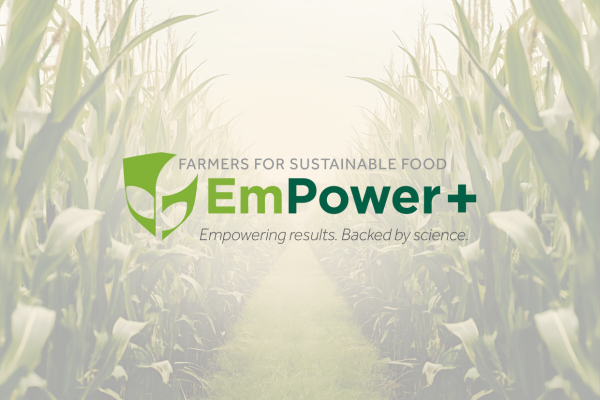Wisconsin farmer-led groups share key findings from data-driven projects
Farmers in Wisconsin are using data to better understand on-farm sustainability and the environmental impact of farming practices. These efforts are part of multi-year sustainability projects led by Farmers for Sustainable Food. The organization supports nine farmer-led watershed conservation groups, two of which have participated in the projects, using sustainability metrics to inform their farm management decisions.
The release of the Peninsula Pride Farms Sustainability Project year four results and the Lafayette Ag Stewardship Alliance Sustainability Project year five results demonstrate continuous improvement in sustainability and water quality across Wisconsin.
 “These projects bring value to our members and partners. Farmers use quality data to measure improvements made from adopting sustainable farming practices and where they can get the most benefit from their investments,” FSF President and co-owner of Cornette Dairy, Paul Cornette, said. “They also help processors and retailers connect with progressive-minded growers who want consumers to know how their food is produced and that it’s produced sustainably.”
“These projects bring value to our members and partners. Farmers use quality data to measure improvements made from adopting sustainable farming practices and where they can get the most benefit from their investments,” FSF President and co-owner of Cornette Dairy, Paul Cornette, said. “They also help processors and retailers connect with progressive-minded growers who want consumers to know how their food is produced and that it’s produced sustainably.”
Eleven farms managing over 34,000 acres and 40,000 head of dairy cattle participated in the PPF Sustainability Project. The project will be completed next year, with five years of data collection and analysis.
The LASA Sustainability Project, in its fifth and final year, involved 15 farms managing over 40,000 acres. This significant milestone demonstrates the group’s unwavering commitment to sustainability.
Both projects showed consistent, positive progress for several metrics, especially regarding water quality.
Key findings from the PPF Sustainability Project year four results include:
- Conservation practices: On average, farms use two or more conservation practices in each of their analyzed fields. The most used sustainable farming practices within the group include reduced tillage, cover crops, no-till and grassed waterways.
- Water quality: Of the reported acreage, 91% has mitigated the risk of excessive nitrogen loss to the subsurface.
- Soil erosion: The average rate of soil erosion for corn grain over the four-year project period was 0.97 tons per acre per year, significantly lower than the state benchmark of 3.5 tons per acre per year for corn grain.
- Energy use: The group’s energy use, 209,632 btu per ton for corn silage, measured 33% better than the national indicator.
Key findings from five years of the LASA Sustainability Project include:
- Conservation practices: On average, farms use two or more conservation practices in each of their analyzed fields. The most used sustainable farming practices within the group include grassed waterways, contouring, cover crops, reduced tillage, strip-cropping and no-till.
- Water quality: Of the reported acreage, 83% has mitigated the risk of excessive nitrogen loss to the subsurface water.
- Soil erosion: The average rate of soil erosion for corn grain over the five-year project period was 1.7 tons per acre per year, significantly lower than the state benchmark of 3.5 tons per acre per year for corn grain.
- Energy use: The group’s energy use, 145,575 btu per ton for corn silage, measured 53% better than the national indicator.
Data is based on analysis by Houston Engineering Inc. using Field to Market: The Alliance for Sustainable Agriculture’s Fieldprint Platform®.
 “The passion and drive these farmers have to continuously improve is evident through their consistent efforts year after year and LASA’s completion of their project,” Lauren Brey, Farmers for Sustainable Food Managing Director, said. “Both groups aren’t stopping here. They continue to expand on these findings through their new projects within the FSF Climate-Smart Program.”
“The passion and drive these farmers have to continuously improve is evident through their consistent efforts year after year and LASA’s completion of their project,” Lauren Brey, Farmers for Sustainable Food Managing Director, said. “Both groups aren’t stopping here. They continue to expand on these findings through their new projects within the FSF Climate-Smart Program.”
Expanding on findings from the sustainability projects, the FSF Climate-Smart Program gathers more data and information to help showcase a more holistic understanding of each farm’s sustainability progress, and, if the farmer chooses, this program also helps facilitate conversations about sustainability throughout the supply chain, including connections between farmers and processors.
Learn more about Farmers for Sustainable Food and the farmers and projects it supports at FarmersforSustainableFood.com.
About Farmers for Sustainable Food:
Farmers for Sustainable Food is a collaborative, industry-supported effort to promote and support farmer-led solutions to today’s environmental challenges. The nonprofit organization, established in 2016, empowers farmers to develop and implement practical, innovative solutions for environmental, economic and social good—more information: www.FarmersForSustainableFood.com.



